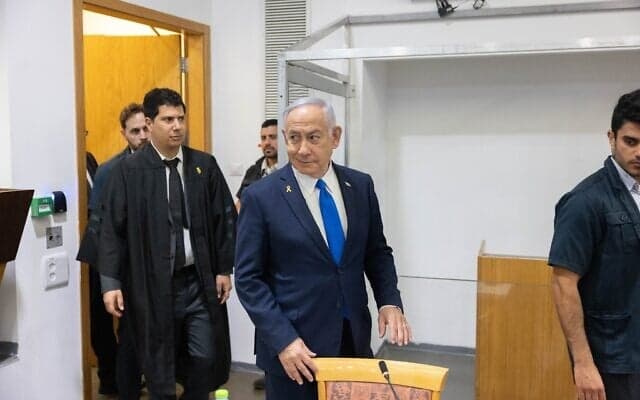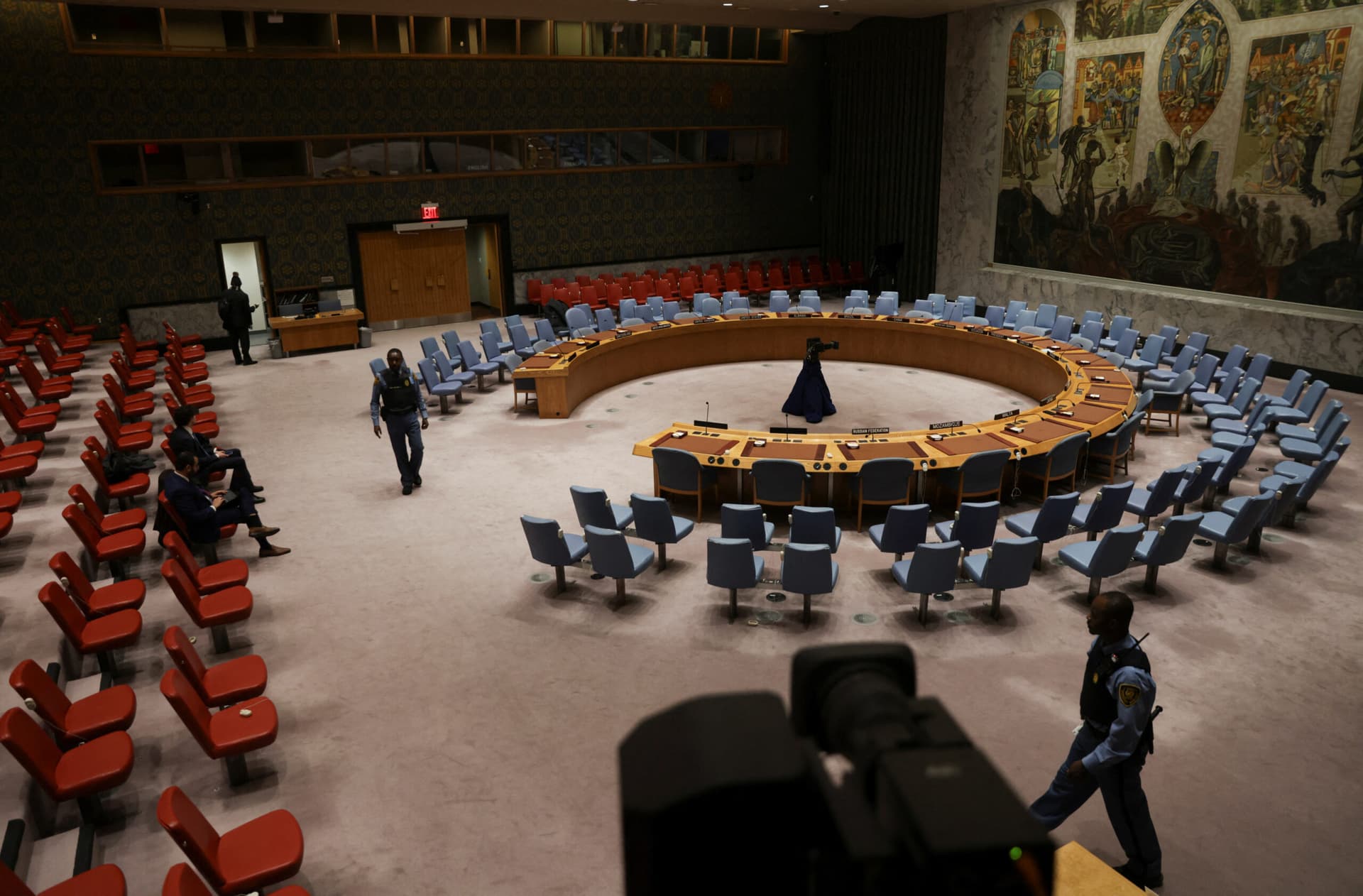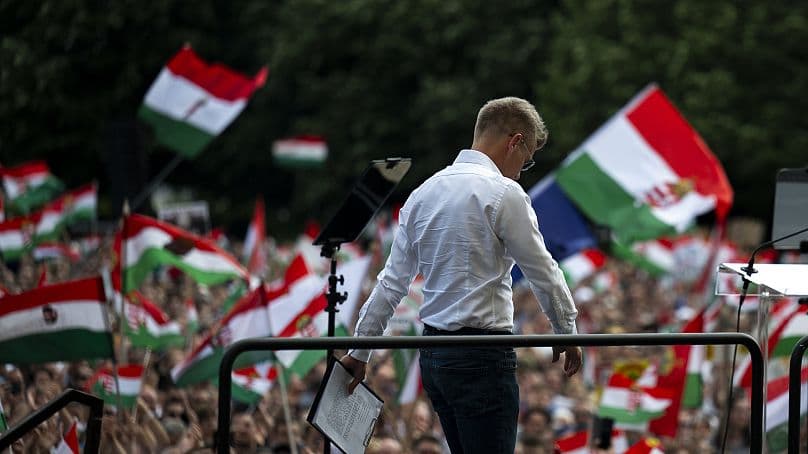Netanyahu testimony canceled Wednesday, court cites security reason
A scheduled testimony by Prime Minister Benjamin Netanyahu in his long running corruption trial was canceled on Wednesday, with authorities citing security concerns. The abrupt change raises questions about the balance between operational security and open justice, and it may affect public trust and electoral politics in an already polarized climate.

A planned appearance by Prime Minister Benjamin Netanyahu in his corruption trial was called off on Wednesday after court officials cited security concerns, according to media reports. The cancellation interrupted a high profile legal proceeding that has been central to public debates over accountability and governance in Israel.
The trial, stemming from criminal indictments that include allegations of bribery, fraud and breach of trust, has extended over several years and has repeatedly intersected with politics. Netanyahu, who has remained a dominant figure in Israeli public life, has used court appearances to defend his record even as prosecutors press forward. The latest scheduling disruption leaves the timetable of the trial uncertain and underscores how security considerations can reshape judicial processes.
Officials provided limited public detail about the nature of the security concerns, and court administrators have not yet announced a new date for the testimony. That lack of specificity has prompted scrutiny from legal observers and political actors who say transparency is essential for maintaining confidence in the rule of law. Courts routinely balance open justice with legitimate security needs, but when specifics are withheld, the result can fuel suspicion among the public and adversaries alike.
The cancellation is likely to have political ripple effects. For supporters of the prime minister, a postponed testimony may be read as a necessary precaution. For critics, the move could be viewed as another instance in which executive power and security apparatuses complicate accountability mechanisms. In a country where voting patterns are sensitive to perceptions of governance and integrity, courtroom developments can influence public sentiment and voter mobilization, particularly as parties frame the episode to appeal to their bases.
Institutionally, the episode raises questions about the resilience of legal processes under extraordinary circumstances. Courts must preserve the integrity of proceedings while also protecting participants from credible threats. How the judiciary documents its decisions, and whether it adopts measures that preserve public access to the record while safeguarding security, will be watched closely by civil society groups and legal scholars. The broader issue is whether ad hoc security decisions become recurring justifications for limiting transparency in politically consequential trials.
The cancellation comes at a time when many cultural and civic institutions are also recalibrating their public roles. In Ramat Gan, a local art museum has, for the first time since October 7, shifted its programming away from works focused on hostages and wartime trauma to exhibitions on other themes. One current show, Field Work by Meital Katz Minerbo, is scheduled to run through February 2026 and reflects an institutional choice to broaden public engagement beyond conflict related subjects. The contrast between a cultural institution seeking to turn attention outward and a judicial proceeding curtailed for security reasons encapsulates the tension in Israeli public life between normal civic activity and the constraints imposed by ongoing security realities.
Observers will be monitoring whether the court moves swiftly to reschedule the testimony, and how it explains the security rationale without undermining public oversight. The handling of that balance will be consequential for perceptions of fairness, for the pace of the trial, and for the broader health of democratic accountability in Israel.


